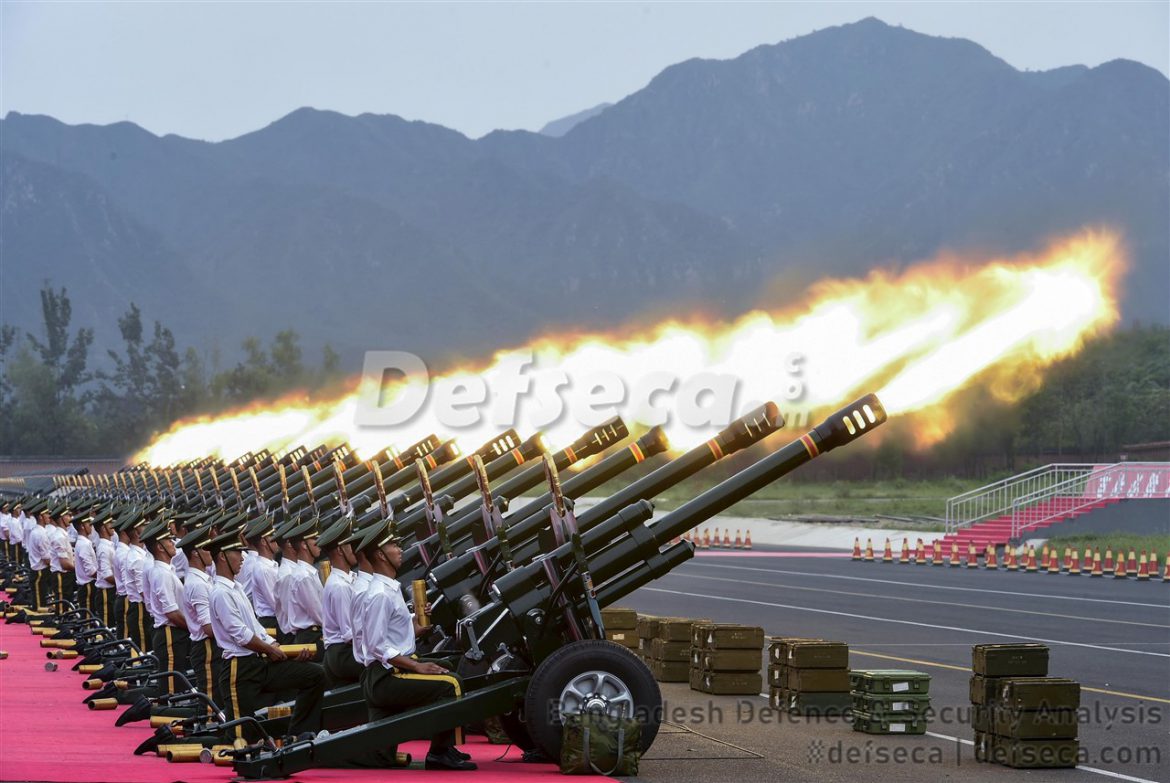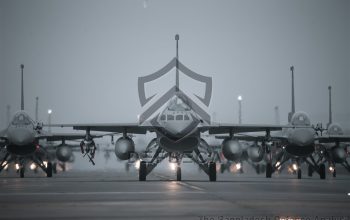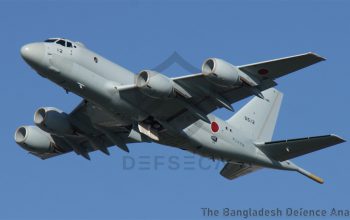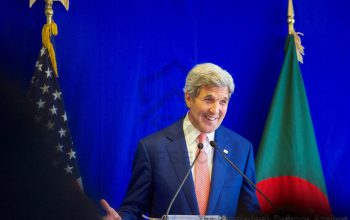China today is no doubt one of the most powerful countries in the world and its growing involvement in South Asia is not surprising.
The country enjoys trade surplus with all South Asian countries including Bangladesh, India and Pakistan.
In the wake of the June 2020 border clash with India the Chinese succeeded in not only neutralising a military threat without firing a single bullet but it also left a lasting impression about its superior ability to handle any threats emanating from near rivals.
Immediately after the border clashes the Chinese moved to ensure it isolates India diplomatically as well. Pakistan’s support to China is without issues because India is seen as an arch rival of Pakistan since its independence. China benefitted much from this life-long enmity between the two nuclear armed South Asian neighbours however what is more interesting is that the Chinese have also managed to secure Bangladesh’s friendship. It swiftly approved duty-free access to 97% of all Bangladeshi exports to China, which amounts to about 8,000 products whereas India continues to put up unfair trade restrictions against Bangladeshi companies.
China also strongly supports the Sheikh Hasina led administration in Bangladesh, whereas in contrast the Modi led BJP administration in India reportedly tried to push for “democracy” in Bangladesh, which was seen as an affront by the Awami League. Furthermore the BJP’s anti-Bangladesh centric moves such as the Citizenship Amendment Act (CAA) and National Register of Citizens (NRC) was described to be “unnecessary” by Dhaka. It set the course for frosty relations to follow.
Meanwhile Chinese companies secured contracts to upgrade a strategically located airport in Sylhet, which is close to the Indian border beating out Indian competitors.
The Chinese are also steadily moving forward with the Padma multipurpose bridge project and twin underwater tunnel construction project in the port city of Chattogram.
It has secured numerous facilities for Chinese companies at export processing zones close to the Chattogram port in Mirsharai. Chinese entrepreneurs hope to take advantage of Bangladesh’s duty-free access to major economies and export products from its Bangladeshi factories.
China has already provided substantial aid to Bangladesh during the COVID-19 pandemic. A proposal has been submitted by Sinovac Biotech Ltd to trial around 4,200 health workers for the third phase of COVID-19 vaccine trials. This is also likely to be approved by the Bangladesh government, which is seeking to combat the growing cases of the virus in the country.
China is also gunning to export its latest warships, fighter aircraft and tanks to the Bangladesh military. It has been contracted for VT-5 light tanks and provided Bangladeshi naval shipyards with technology for manufacturing smaller warships. Chinese companies are actively pushing for a joint venture to construct guided missile frigates in Bangladesh for the first time.
Another firm is engaged in building Bangladesh’s first comprehensive submarine base for naval operations. This new base is also likely to house additional Chinese-made submarines gradually with the Bangladesh Navy having plans for operating six to eight submarines by 2040.
In view of all these successes in penetrating South Asia gradually it is likely the Chinese will maintain a very long lasting presence in South Asia.
In 2024 Bangladesh will move to a developing country status. There will be significant changes to its trade relations with some of its biggest trading partners in view of its new found status.
It will be interesting to observe how Bangladesh moves forward from 2024.
While Bangladesh’s largest import source is China, its largest export sources are Western countries. It is no doubt that Bangladesh and other countries with similar situations will have to find a new balance in its diplomacy, trade and security interests to overcome challenges of tomorrow.




